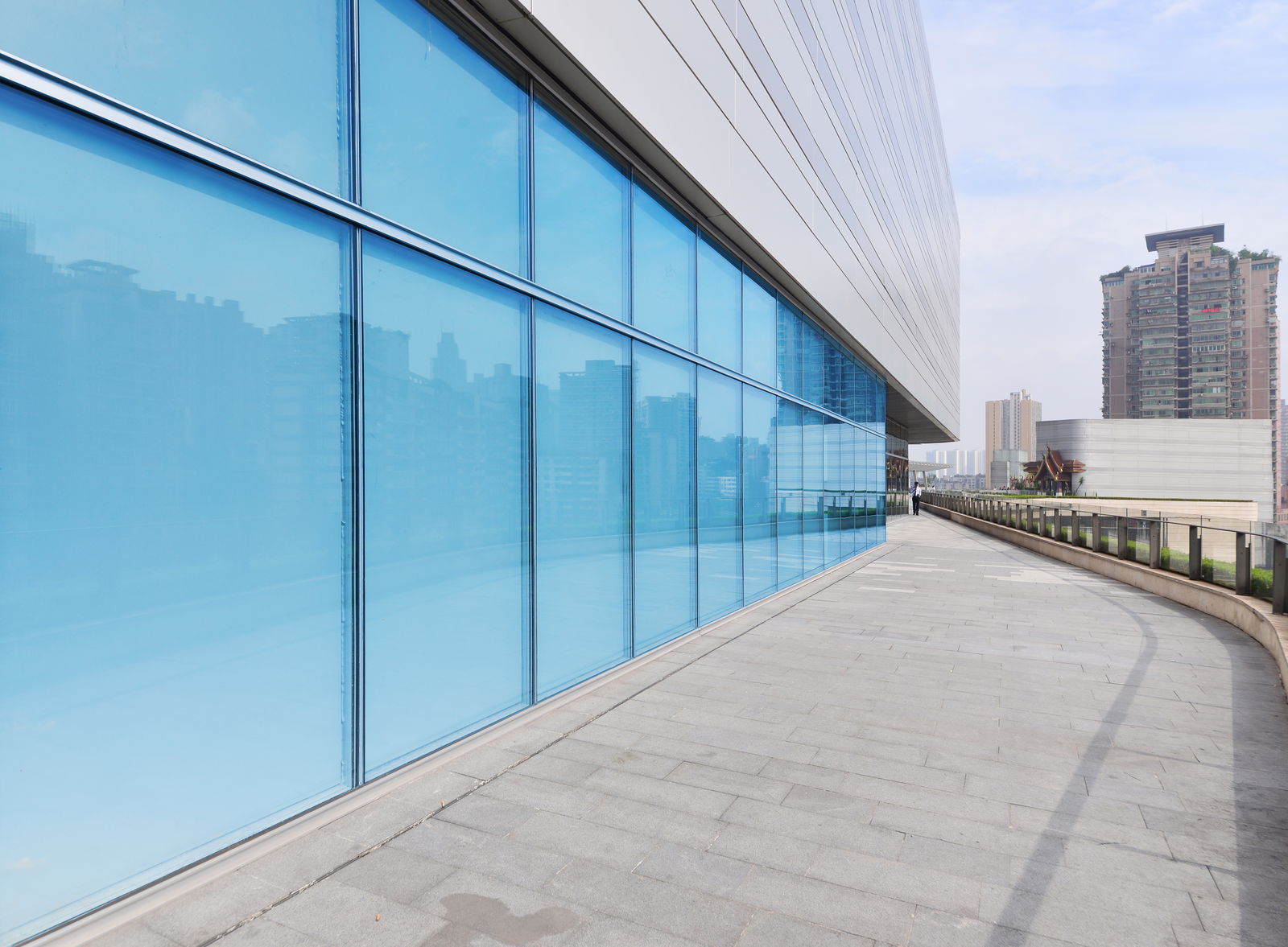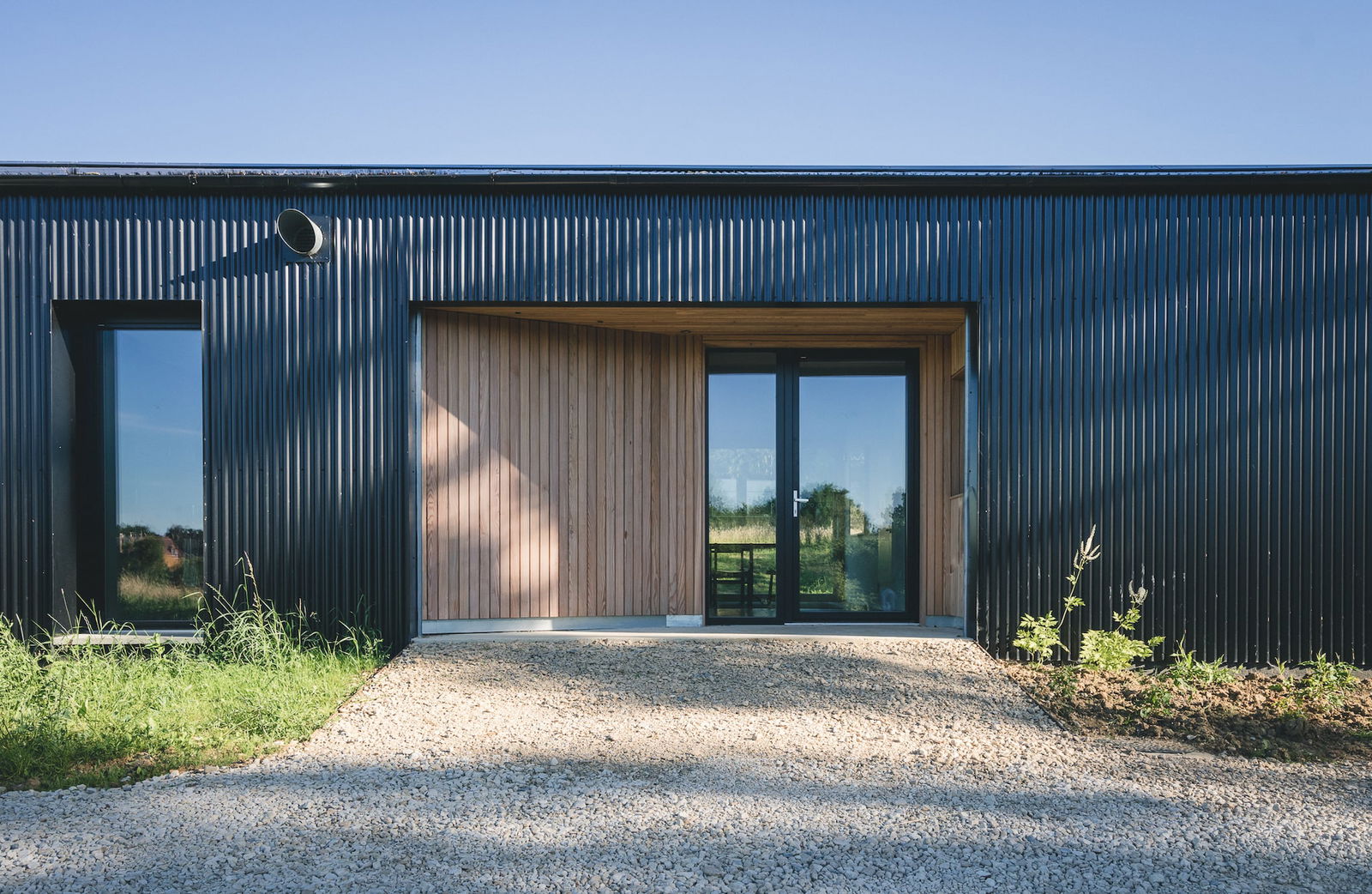Understanding International Trade Tariffs
Trade tariffs are taxes or duties imposed on imported goods, designed to protect domestic industries or generate revenue. For the UK construction sector, tariffs on materials such as steel and aluminium have been particularly significant, leading to cost increases and supply chain disruptions.
How Trade Tariffs Impact the UK Construction Sector
1. Rising Material Costs
One of the most immediate impacts of tariffs is a sharp increase in the cost of materials. Steel and aluminium prices have surged, affecting everything from structural frames to window systems. For UK construction companies operating on tight margins, these cost increases have forced difficult decisions — from scaling down projects to renegotiating contracts.
2. Supply Chain Disruptions
Tariffs don’t just increase costs; they disrupt global supply chains. UK suppliers and contractors have experienced delays in sourcing materials, with some suppliers redirecting their products to more lucrative markets. This has led to extended project timelines and, in some cases, penalty costs for late completion.
3. Contractual Challenges
Many existing contracts lack clauses to accommodate sudden cost increases due to tariffs. As a result, disputes have emerged between contractors and clients over who should bear the additional expenses. Contractors are often forced to absorb the higher costs, squeezing their profit margins.
4. Economic Uncertainty
Beyond direct costs, tariffs contribute to a broader sense of economic uncertainty. Investors become cautious, slowing down the launch of new projects. Developers hesitate to commit to large-scale builds, unsure of future cost projections.
Navigating the Challenges: Practical Tips for the UK Construction Sector
- Review Contracts Regularly: Ensure that all contracts include clauses for adjusting prices in response to unexpected cost increases.
- Diversify Suppliers: Explore alternative suppliers, including those in non-tariff-affected regions, to maintain a steady flow of materials.
- Communicate with Clients: Keep clients informed about cost changes and potential delays, building trust and reducing the risk of disputes.
- Optimise Procurement Strategies: Purchase materials in bulk where possible to secure lower prices.
Conclusion
International trade tariffs have left a lasting mark on the UK construction industry. From rising material costs to supply chain chaos and contractual disputes, the effects continue to ripple across the sector. By understanding these challenges and adopting strategic measures, UK construction companies can protect their profitability and maintain project timelines.
































